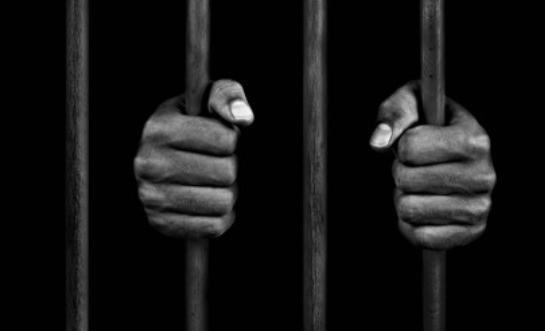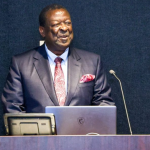Children as young as 10 will soon be able to be incarcerated once again in Australia’s Northern Territory (NT), following the government’s decision to lower the age of criminal responsibility.
Australian states and territories have faced mounting pressure to raise this age from 10 to 14, aligning with practices in other developed nations and recommendations from the UN. Last year, the NT became the first jurisdiction to increase it to 12, but the newly elected Country Liberal Party government has asserted that reversing this change is necessary to address rising youth crime rates.
The government argues that lowering the age back to 10 will ultimately protect children, a stance that has been challenged by doctors, human rights organizations, and Indigenous groups, who contend that research shows these laws will not effectively reduce crime and will disproportionately impact Aboriginal and Torres Strait Islander children.
Currently, the NT incarcerates children at a rate 11 times higher than any other jurisdiction in Australia, with almost all of those children being Aboriginal. The new government claims it has a mandate after a decisive election victory based on a tough-on-crime campaign, asserting that criminalizing younger children will help divert them from future criminal behavior.
Many areas across Australia are grappling with a youth crime crisis, and a series of violent incidents this year have led to youth curfews in Alice Springs. Chief Minister Lia Finocchiaro stated that her government has been given a clear mandate by voters to act and that the change will enable courts to “intervene” in the lives of young offenders, providing programs designed to address the root causes of their crimes.
“We took to the election a very clear plan around lowering the age of criminal responsibility so that we can capture these young people early, work out what’s going on, and turn their life around,” she said on Monday. The NT government also plans to tighten bail rules, with Finocchiaro adding, “We make no apologies for delivering on our election commitment to make the territory safe.”
However, research both globally and in Australia indicates that incarcerating children makes them more likely to reoffend and often leads to detrimental effects on their health, education, and future employment opportunities. Earlier this year, a report by the Australian Human Rights Commission highlighted that policy is being driven by “populist ‘tough on crime’ rhetoric” and called for reinvestment of funds spent on jailing children into support services.
As the NT parliament debated the bill on Wednesday, around 100 protesters gathered outside, holding placards with messages such as “10-year-olds still have baby teeth” and “What if it was your child?”
The NT’s Children’s Commissioner, Shahleena Musk, a Larrakia woman from Darwin, told the BBC that there is “structural racism at force in the Northern Territory youth justice system.” She noted that Aboriginal children are less likely to receive cautions, more likely to face charges, and more likely to be remanded in custody compared to their non-Aboriginal counterparts.
“I accept that people are fearful in our communities, and crime has been quite prominent in the media and social media,” she said. “But if we rely on the evidence and start to work to address the root causes of crime, we’re going to have less of these kids reoffending… We shouldn’t be seeing these kids going into a youth justice system that is harmful, ineffective, and only compounds the very issues we’re trying to change.”
Advocates also worry that these laws could hinder progress toward raising the minimum age of criminal responsibility in other states and territories. Only the Australian Capital Territory has increased the age above 10, but Victoria has passed legislation to do so, which will take effect next year. The Tasmanian government has announced plans to raise the age to 14 by 2029.



